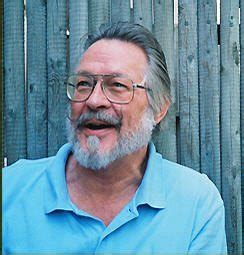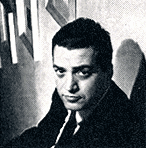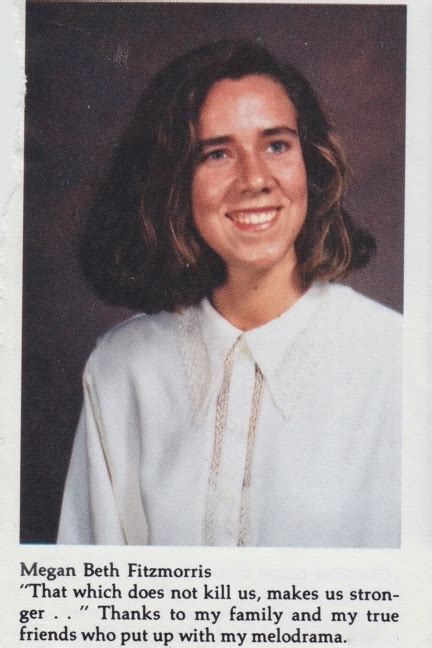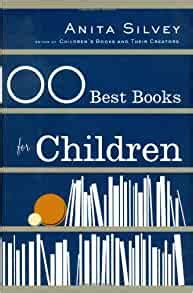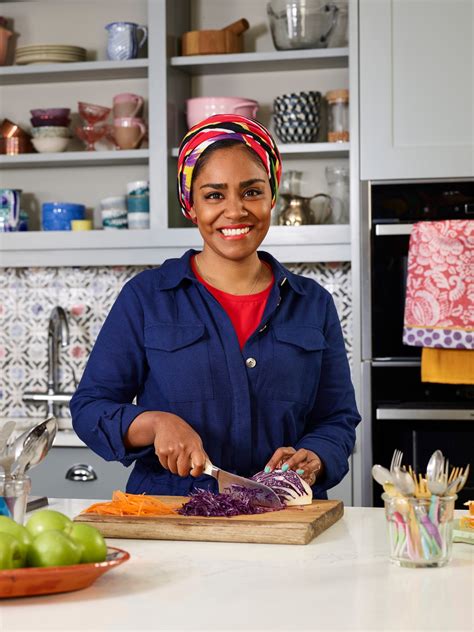A Quote by Malorie Blackman
There is a saying: 'The child is parent to the adult', which means whatever happens to you as a child or teenager affects the adult you become. You are forged in your history. And fiction is an incredibly important force in shaping children, and that's why fiction needs to be diverse.
Related Quotes
In certain circumstances where he experiments in new types of conduct by cooperating with his equals, the child is already an adult. There is an adult in every child and a child in every adult. ... There exist in the child certain attitudes and beliefs which intellectual development will more and more tend to eliminate: there are others which will acquire more and more importance. The later are not derived from the former but are partly antagonistic to them.
Games are a trigger for adults to again become primitive, primal, as a way of thinking and remembering. An adult is a child who has more ethics and morals, that's all. I am not creating a game. I am in the game. The game is not for children, it is for me. It is for an adult who still has a character of a child.
Soothing touch, whether it be applied to a ruffled cat, a crying infant, or a frightened child, has a universally recognized power to ameliorate the signs of distress. How can it be that we overlook its usefulness on the jangled adult as well? What is it that leads us to assume that the stressed child merely needs “comforting,” while the stressed adult needs “medicine”?
The appeal of science fiction has always been its iconoclasm . . . But in order to be an iconoclast, an author must be more than merely aware of the idol he wishes to destroy. He must be intimate with it and understand it in all its aspects. This means that he must have devoted serious thought to it, and have beliefs of his own which will stand up in the place of the broken idol. In other words, any child can complain, but it takes an adult to clash with accepted beliefs . . . an adult with ideas.
The thing is that my first novel, which was basically a mystery adventure story, won quite an important award in Spain for young adult fiction, and because of this it became a very successful book, and right now it's some sort of a standard title, it's read widely in many high schools in Spain, so I think, in a way, I was a victim of my own success in the field of young adult fiction, because it was never my own natural register. I never intended to write that kind of fiction, but I became very successful at it.
A conscious parent is not one who seeks to fix her child or seek to produce or create the 'perfect' child. This is not about perfection. The conscious parent understands that is journey has been undertaken, this child has been called forth to 'raise the parent' itself. To show the parent where the parent has yet to grow. This is why we call our children into our lives.
While I was writing the book, one of my children was diagnosed with dyslexia. Dyslexia is a very tiny word for a wide-ranging neurological condition that affects different people in different ways. But I was reading an awful lot about it, to try and find ways of helping my child. I think a lot of fiction comes from this desire to confront unanswerable questions, and it's heartbreaking to see your child, a bright child, struggling so much with something that others are finding so easy. It's such an assault to the child's self-esteem and, as a mother, it's hard to watch.






